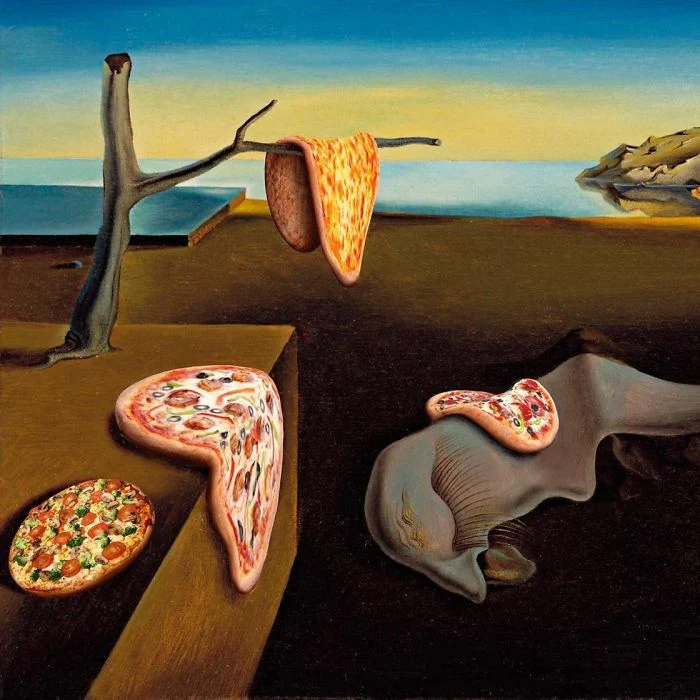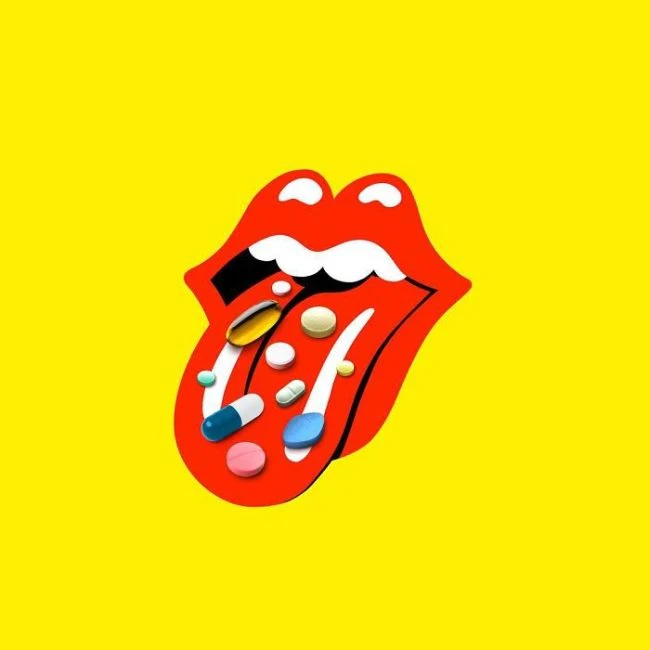Civilizations are fragile. Knowing that allows us to be ready for their inevitable demise. It is a cycle that has turned many times already in human history. It is now turning again.
Warning us of an impending storm is not pessimism or doomsdayism. It is being prepared.
When the approaching storm rages, I want to have my umbrella ready. That is why I appreciate projects like the Dark Mountain Manifesto.
"Written by Paul Kingsnorth and Dougald Hine, [The Dark Mountain Manifesto] marked a first attempt to put into words the ideas and feelings which led to The Dark Mountain Project.
Think of it as a flag raised so that we can find one another. A point of departure, rather than a party line. An invitation to a larger conversation that continues to take us down unexpected paths."
I
WALKING ON LAVA
"The end of the human race will be that it will eventually die of civilisation."
— Ralph Waldo Emerson
Those who witness extreme social collapse at first hand seldom describe any deep revelation about the truths of human existence. What they do mention, if asked, is their surprise at how easy it is to die.
The pattern of ordinary life, in which so much stays the same from one day to the next, disguises the fragility of its fabric. How many of our activities are made possible by the impression of stability that pattern gives? So long as it repeats, or varies steadily enough, we are able to plan for tomorrow as if all the things we rely on and don’t think about too carefully will still be there. When the pattern is broken, by civil war or natural disaster or the smaller-scale tragedies that tear at its fabric, many of those activities become impossible or meaningless, while simply meeting needs we once took for granted may occupy much of our lives.
What war correspondents and relief workers report is not only the fragility of the fabric, but the speed with which it can unravel. As we write this, no one can say with certainty where the unravelling of the financial and commercial fabric of our economies will end. Meanwhile, beyond the cities, unchecked industrial exploitation frays the material basis of life in many parts of the world, and pulls at the ecological systems which sustain it.
Precarious as this moment may be, however, an awareness of the fragility of what we call civilisation is nothing new.
‘Few men realise,’ wrote Joseph Conrad in 1896, ‘that their life, the very essence of their character, their capabilities and their audacities, are only the expression of their belief in the safety of their surroundings.’
Conrad’s writings exposed the civilisation exported by European imperialists to be little more than a comforting illusion, not only in the dark, unconquerable heart of Africa, but in the whited sepulchres of their capital cities. The inhabitants of that civilisation believed ‘blindly in the irresistible force of its institutions and its morals, in the power of its police and of its opinion,’ but their confidence could be maintained only by the seeming solidity of the crowd of like-minded believers surrounding them.
Outside the walls, the wild remained as close to the surface as blood under skin, though the city-dweller was no longer equipped to face it directly.
Bertrand Russell caught this vein in Conrad’s worldview, suggesting that the novelist,
"thought of civilised and morally tolerable human life as a dangerous walk on a thin crust of barely cooled lava which at any moment might break and let the unwary sink into fiery depths."
What both Russell and Conrad were getting at was a simple fact which any historian could confirm: human civilisation is an intensely fragile construction. It is built on little more than belief: belief in the rightness of its values; belief in the strength of its system of law and order; belief in its currency; above all, perhaps, belief in its future.
You can read the rest of The Dark Mountain Manifesto at this link. It makes for an interesting read, ending with "The Eight Principles of Uncivilization".
#1. We live in a time of social, economic and ecological unravelling.
All around us are signs that our whole way of living is already passing into history.
We will face this reality honestly and learn how to live with it.
You can say this is all very harsh news (although it isn't really news at all if you have been paying attention in recent decades).
I think otherwise. I think we live in interesting times, and that opportunities abound.
It is not like what we have now is so great. I say let's let it die. Or better yet, how about we put it out of its misery, and move on sooner, rather than later.
Together, we will learn to live more gently on this good Earth. Together, we will respond to the new reality honestly and simply.
Together, we will go on.


















